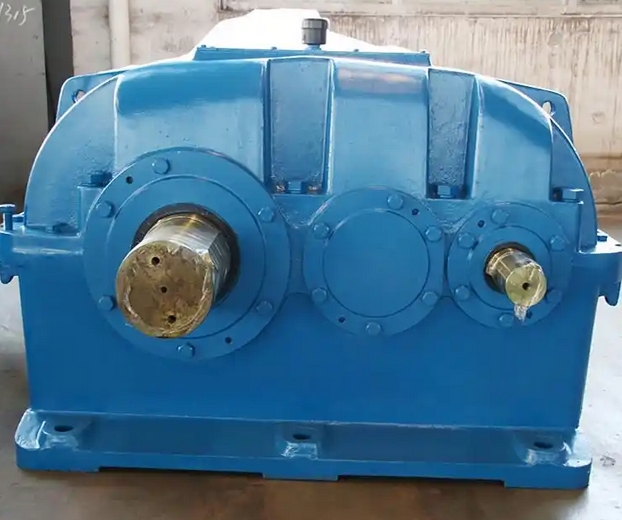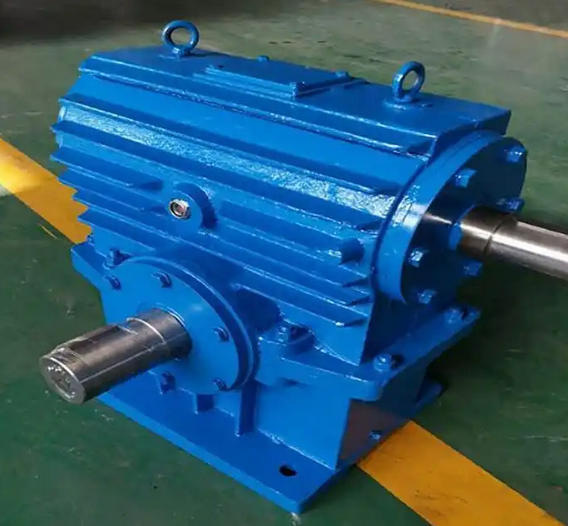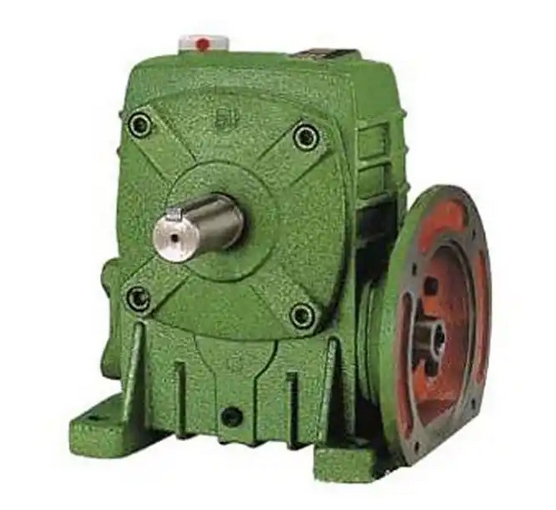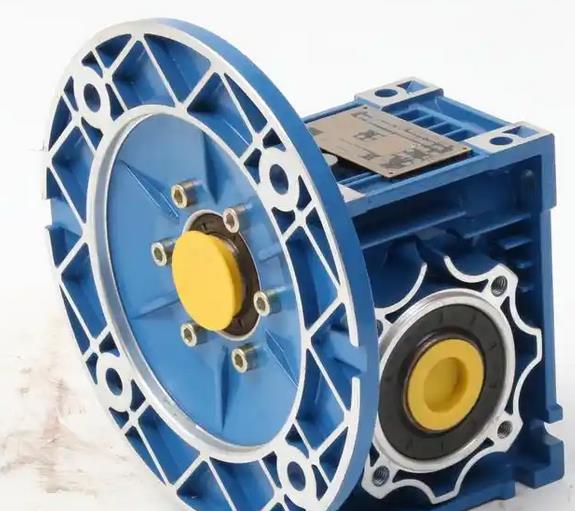What are the effects of differences in hardness requirements for ZLY200-8-7 gear reducer materials on their performance
ZLY200-8-7 gear reducer is one of the ZLY series hard tooth surface gear reducers. The gears and shafts are usually made of high-quality low-carbon alloy steel, which has undergone carburizing and quenching heat treatment process. The tooth surface hardness is generally HRC58-62. The differences in material hardness requirements have the following effects on its performance:Load bearing capacity: Gears with higher hardness can withstand greater loads and torques. ZLY200-8-7 gear reducer has a tooth surface hardness of HRC58-62, which belongs to hard tooth surface reducer. It is suitable for industries such as metallurgy, mining, and lifting that require high loads, and can work stably under high load conditions.

Wear resistance: High hardness tooth surfaces can effectively resist wear and extend the service life of gears. The high hardness tooth surface of ZLY200-8-7 gear reducer enables it to maintain its tooth profile well during long-term operation, reduce the decrease in transmission accuracy caused by wear, and ensure the transmission efficiency and stability of the reducer.
Fatigue resistance: Gears with higher hardness also have relatively higher fatigue resistance. Under repeated loading, failure modes such as tooth surface fatigue pitting and tooth root fatigue cracks are less likely to occur, thereby improving the reliability and service life of the gearbox.
Transmission accuracy: High hardness tooth surfaces can improve the machining accuracy and dimensional stability of gears, and reduce the meshing clearance of gears. The ZLY200-8-7 gear reducer has undergone carburizing quenching and precision grinding processes, with a gear accuracy of up to level 6, ensuring precise transmission ratios and smoother transmission.
Noise and vibration: Generally speaking, due to the high hardness of the gears and tighter meshing, hard toothed reducers may generate greater impact forces compared to soft toothed reducers, resulting in more noticeable noise and vibration. However, the ZLY200-8-7 gear reducer, through precision machining and reasonable design, can ensure high hardness while also effectively controlling noise and vibration levels, achieving smooth operation.
Impact resistance: The higher the hardness of the gear, the better. Excessive hardness will reduce the impact resistance and plasticity of the gear. For ZLY200-8-7 gear reducer, if the tooth surface hardness is too high, it may cause gear breakage and other faults when encountering sudden impact loads, affecting the normal operation of the equipment. Therefore, it is necessary to balance the toughness of the gear core while ensuring the hardness of the tooth surface, in order to improve its impact resistance.




